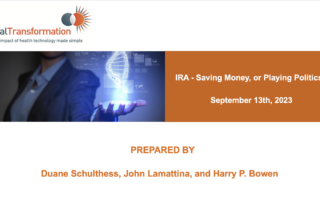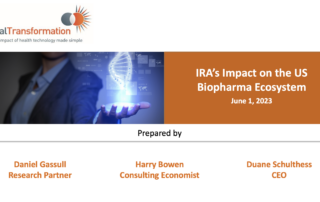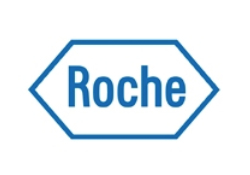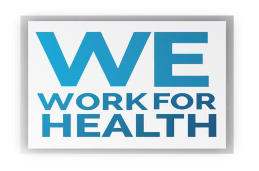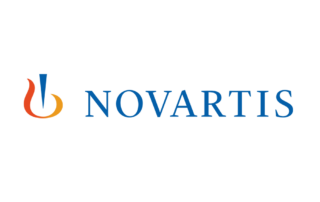Vital Transformation is a small, unique consultancy focused on addressing the challenges of today’s modern healthcare system. We partner with your organisation to help you find answers to hard to solve problems.
Contact us to learn how Vital Transformation can help your organisation.
LATEST RESEARCH
LATEST COMMUNICATIONS

Our Communication Services
In this special 2025 U.S. Policy Highlights edition of the Vital Health Podcast, we look back at our most important discussions on Most Favored Nation (MFN) drug pricing and its knock-on effects for jobs, state budgets, and the generic supply chain. Over the past year, proposals to link U.S. prices to those in other countries have collided with inflation pressures, tariff debates, and reshoring efforts, creating new uncertainty for manufacturers, payers, and policymakers. In an environment where expectations about future returns are shifting, and the rules of the game are still being defined, this episode is designed as a year-end guide to what MFN-style policies could mean in practice and how to think about the tradeoffs.
Find all our communication projects on Better Science, Better Health
MORE RESEARCH
IRA – Saving Money, or Playing Politics?
IRA’s drug negotiation choices seem to be much more about the 2024 election than Medicare cost savings in 2026.
By Duane Schulthess, John Lamattina, and Harry P. Bowen
September 13th, 2023
On Tuesday August 29th, the Biden Administration and the Centers for Medicare & Medicaid Services (CMS) announced the first 10 drugs to be selected as part of their signature legislation, the Inflation Reduction Act (IRA).
The linchpin of the IRA has been to lower total Medicare costs. The text of the IRA states clearly that the drugs to be chosen for negotiation are those, “… drugs with the highest total expenditures being ranked the highest.” This language is completely unambiguous; drugs with the greatest total expenditures for taxpayers are the ones to be negotiated.
The IRA also includes provisions that drugs soon to be subject to generic or biosimilar competition are excluded from negotiation. This is logical as once a drug loses its patent exclusivity its price falls rapidly.
Our firm, Vital Transformation (VT), has been at the center of the IRA debate for well over a year. Given the IRA’s clear objective to contain taxpayer costs, we conducted economic modeling which simulated the impact of 10 years of IRA negotiations on Medicare spending and biopharmaceutical company revenues.
The Impact of IRA Policy Expansion Proposals on the US Biopharma Ecosystem
Vital Transformation (VT) modeled the impacts of the drug pricing provisions of President Biden’s 2024 Budget, now proposed by Senators Klobuchar and Welch as the “Smart Prices Act (SPA)”, which would impose government price setting for selected Medicare drugs at only 5 years after initial FDA approval.
We modeled the impacts on industry revenues and future R&D investments and estimated future lost innovation impacts including the impact on industry jobs.
We estimate a loss of between 146,000 – 223,000 direct biopharmaceutical industry jobs and a total of 730,000 – 1,100,000 U.S. jobs across the economy if the proposed IRA expansion were to be implemented.
Looking forward, we estimate that the expanded government price setting could result in roughly 230 fewer FDA approvals of new medicines over a ten-year period, once the impacts are fully reflected in the pipeline.
-> Impacts will be felt most heavily in many areas of unmet need, including in rare disease, oncology, neurology, and infectious disease.
->The most significant ecosystem impacts would be concentrated primarily in CA, MA, and NY.
Had the drug pricing provisions of the SPA been in place prior to the development of today’s top-selling medicines, we estimate that 82 of the 121 therapies we identified as selected for price setting would likely have not been developed.
IRA’s Impact on the US Biopharma Ecosystem
Vital Transformation (VT) modeled and estimated the impacts of the Inflation Reduction Act’s (IRA) pricing provisions for a cohort of the top 200 Part B and D drugs by CMS spend, resulting in 92 drugs impacted by IRA in the next 10 years, which are produced, collectively, by 41 biopharmaceutical companies.
Had the IRA been in place beginning in 2014, we estimate the reductions in revenue on the impacted drugs to be up to 40%. Because of this, between 24 and 49 therapies currently available today would most likely not have come to market and therefore not available for patients and their providers.
Looking forward, we estimate that because of the IRA pricing provisions, the substantial reduction in revenue will significantly narrow investment opportunities. Conservatively, as many as 139 drugs over the next 10 years are at risk of not being developed at all.
Both biologics and small molecule drugs are impacted, with an average reduction in revenue per therapy of $4.9 billion and $4 billion respectively.
IRA provides a negotiation exemption for orphan drugs that treat only one rare disease. This disincentivizes investments in orphan drugs and areas of high unmet patient need as the broader indications will provide a superior return on investment, as much as $500 million over three years.
Based on two impact scenarios, we estimate a loss of between 66,800 - 135,900 direct and 342,000 - 676,000 indirect jobs in the U.S. biopharma ecosystem.
VITAL HEALTH PODCASTS
Our podcast series is also available via your favourite channels!
 |
 |
|---|---|
 |
 |
NEWSLETTER
Register now to receive all the latest updates from Vital Transformation including our research, podcasts and more…
VT on X
Claims that the IRA wouldn’t affect innovation overlooked how early-stage investors really make decisions. Our research shows the pipeline for senior-focused therapies is already narrowing.
— VitalTransformation (@VitalTransform) April 18, 2025
Read the full breakdown: https://t.co/4EzJGdMcU4@weworkforhealth #IRA #DrugPricing
The IRA’s 9-year cap for small molecules and 13-year cap for biologics rerouted investment away from the pills seniors rely on. We sat down with @steveusdin1 to unpack how this shift skews R&D incentives and future therapies.
— VitalTransformation (@VitalTransform) April 27, 2025
Listen here: https://t.co/FCjKFdIhsU@weworkforhealth pic.twitter.com/phoDI4ZrhK
Our clients include many of the world’s leading health care organisations.







